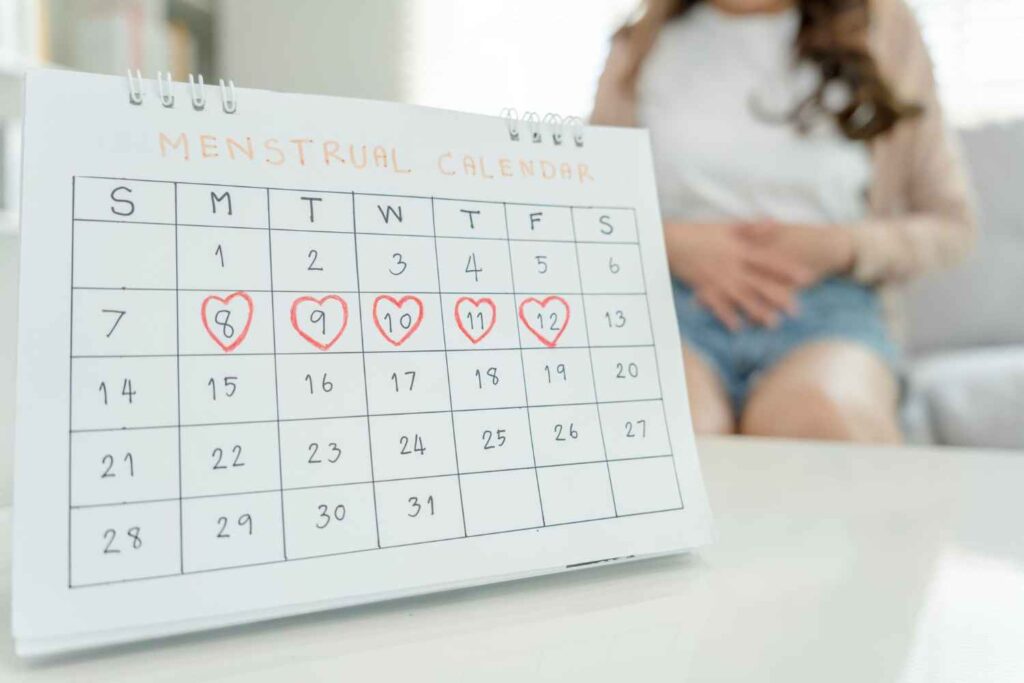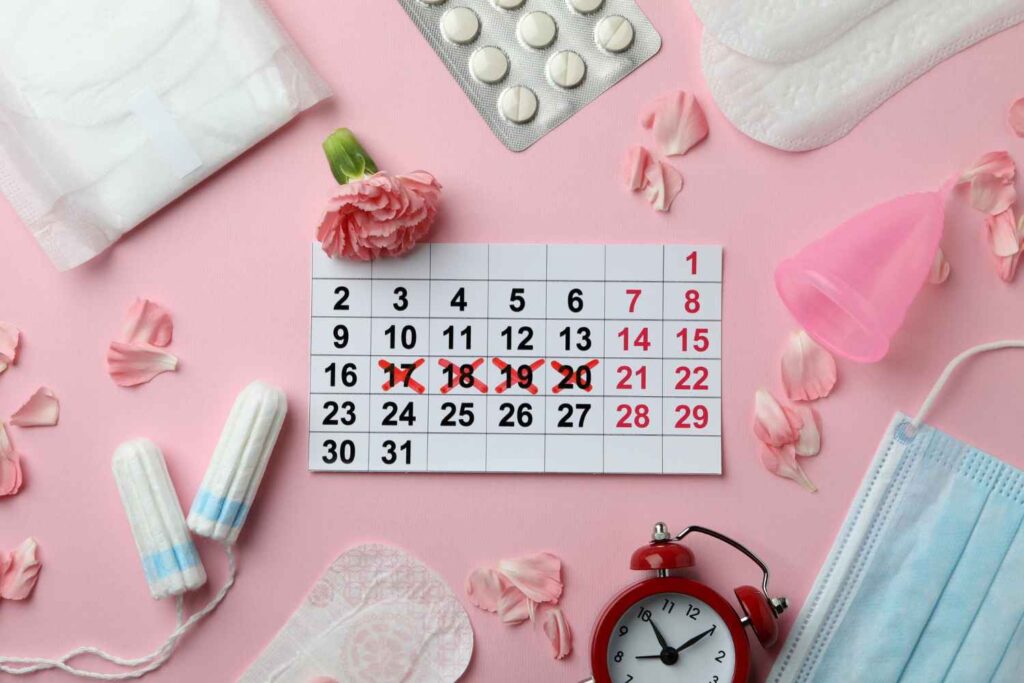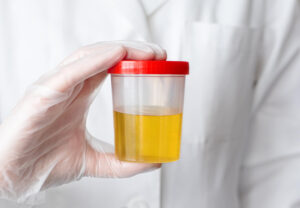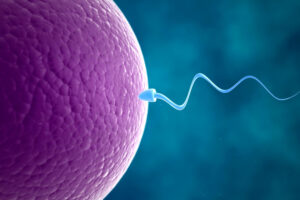When you begin IVF, you’re not just starting a treatment—you’re stepping into a carefully timed IVF calendar of science and hope. Every injection, scan and transfer follows a specific timeline that maximizes your chances of success. But what exactly happens from Day 1 to embryo transfer?
At The Boon IVF, we believe that informed patients are empowered patients. That’s why we created this comprehensive IVF calendar—to guide you through every phase of the cycle with clarity, expert insight and emotional support.
IVF Calendar Overview: Why Timing Is Everything
An IVF calendar is more than just a schedule—it’s a biological roadmap. The ovaries, hormones, uterus, and embryology lab must work in perfect harmony for a successful outcome. Your IVF journey begins with syncing your cycle and ends with a potential pregnancy test, and each day in the IVF calendar matters.
IVF Calendar Breakdown: Step-by-Step Journey
Let’s walk through your IVF calendar day by day. This version outlines a fresh IVF cycle, but we’ll also touch on how the calendar may differ in a frozen embryo transfer (FET).
Day -21 to Day -1: Pretreatment Phase
In some cases, your IVF calendar begins weeks before your period starts.
Common Pretreatments:
- Birth control pills
- GnRH agonists (like Lupron)
Goal: Prepare ovaries and prevent premature ovulation
Day 1–2: Baseline Testing Begins
Cycle Day 1 marks the official start of your IVF calendar.
What Happens:
- Blood hormone testing (FSH, LH, Estradiol)
- Transvaginal ultrasound to check antral follicles
If results are expected, you proceed to stimulation on the IVF calendar.
Days 3–12: Stimulation Phase on the IVF Calendar
This is the most active phase of the IVF calendar.
You’ll begin daily hormone injections to stimulate multiple follicles. Your doctor will monitor follicle growth and hormone levels via:
- Ultrasounds
- Estradiol (E2) blood tests
Tips:
- Stay hydrated
- Avoid heavy exercise
- Record symptoms on your IVF calendar

Day 12–14: Trigger Shot & Egg Retrieval
Once your follicles mature, the next milestone on your IVF calendar is the trigger shot.
- Given ~36 hours before egg retrieval
- Prepares eggs for collection
Egg Retrieval:
- Performed under sedation
- Lasts 15–20 minutes
- You’ll rest afterwards, then resume your IVF calendar schedule the next day.
Day 15: Fertilisation Day in Your IVF Calendar
Today marks a key point in your IVF calendar.
- Eggs are combined with sperm (via ICSI or conventional IVF)
- Fertilization is confirmed the next day.
These fertilized eggs are now embryos, and your clinic will track their development over the next few days.
Days 16–20: Embryo Development on IVF Calendar
Your embryos are closely monitored in the lab:
- Day 3: Cleavage-stage embryos
- Days 5–6: Blastocyst stage
Only the healthiest embryos move forward in your IVF calendar for transfer or freezing.
Days 20–21: Embryo Transfer – The Highlight of the IVF Calendar
This is the most anticipated day in your IVF calendar.
- No anaesthesia required
- A soft catheter places one embryo into your uterus.
- The procedure is painless and quick.
You’ll continue taking progesterone to support implantation.
Two-Week Wait (2WW): Final Phase of IVF Calendar
After embryo transfer, your IVF calendar enters the emotional “2WW” phase.
Do:
- Follow your doctor’s medication plan
- Stay active but avoid high-stress activities.
- Track gentle symptoms in your IVF calendar journal.
Don’t:
- Take early home pregnancy tests
- Compare your symptoms to others
IVF Calendar Lifestyle Guide: What to Eat and Avoid
Supporting your IVF calendar with proper nutrition can enhance outcomes.
Eat:
- Leafy greens (folate)
- Eggs and lentils (protein)
- Berries, nuts and seeds (antioxidants)
Avoid:
- Junk food
- Too much caffeine
- Alcohol and smoking
Emotional Resilience: Managing Stress on Your IVF Calendar
The IVF calendar can be overwhelming. Here’s how to stay grounded:
- Practice daily mindfulness or journaling
- Speak with a fertility counsellor.
- Connect with others following similar IVF calendars
- Let go of things you can’t control

Frozen Embryo Transfer (FET): IVF Calendar Variation
If you’re doing a FET cycle, your IVF calendar shifts:
- Estrogen pills build your uterine lining
- Progesterone is added before transfer.
- The embryo is transferred on Days 5 or 6 of progesterone administration.
FET benefits:
- More time for recovery
- Optional genetic testing
- Lower OHSS risk
IVF Calendar Snapshot
| IVF Calendar Stage | Days | Key Actions |
| Pretreatment | Day -21 to -1 | Hormone regulation |
| Baseline Tests | Day 1–2 | Bloodwork + Ultrasound |
| Stimulation | Day 3–12 | Hormone injections, monitoring |
| Trigger & Retrieval | Day 12–14 | Final prep + egg collection |
| Fertilization | Day 15 | Lab fertilization of eggs |
| Embryo Culture | Day 16–20 | Blastocyst development |
| Embryo Transfer | Day 20–21 | Transfer of embryo into uterus |
| 2WW | Day 22–35 | Luteal support + pregnancy test |
IVF Calendar FAQs
Can the IVF calendar change during the cycle?
Yes. Your doctor will adjust based on your body’s response.
Can I customize my IVF calendar?
Absolutely. We create personalized IVF calendars tailored to individual hormone levels, ovarian response and medical history.
Can I work during my IVF calendar cycle?
Yes—unless your doctor advises bed rest. Most women continue working during stimulation.
Is strict bed rest needed post-transfer?
No. Gentle movement is safe and often encouraged.
When does the IVF calendar end?
The IVF calendar typically concludes with your beta-hCG test, which is usually performed 10–14 days after embryo transfer.
Final Thoughts: Your IVF Calendar Is a Journey of Hope
Every patient’s IVF calendar tells a unique story—one of science, timing, courage and care. Understanding your schedule helps reduce anxiety and builds confidence throughout your journey.
At The Boon IVF, we specialise in creating personalized IVF calendars tailored to your unique biology and emotional needs. From the first scan to the final blood test, we’re here to support your every step.
Note : For the best results during your IVF journey, it’s highly recommended to consult both your fertility specialist and a qualified dietician. They can help personalize your treatment and nutrition plan based on your specific medical history, hormone levels, and body needs—ensuring your IVF calendar is supported with the right care and balanced food choices at every stage.


